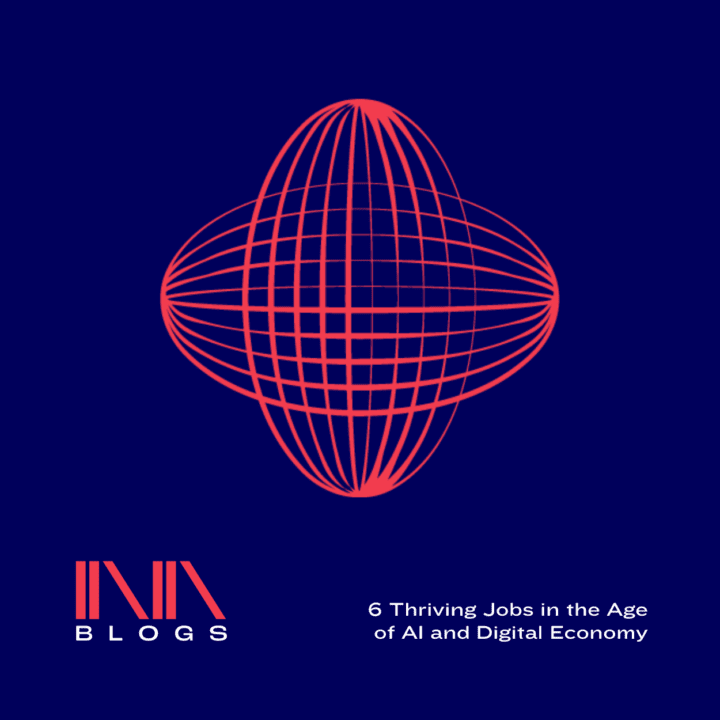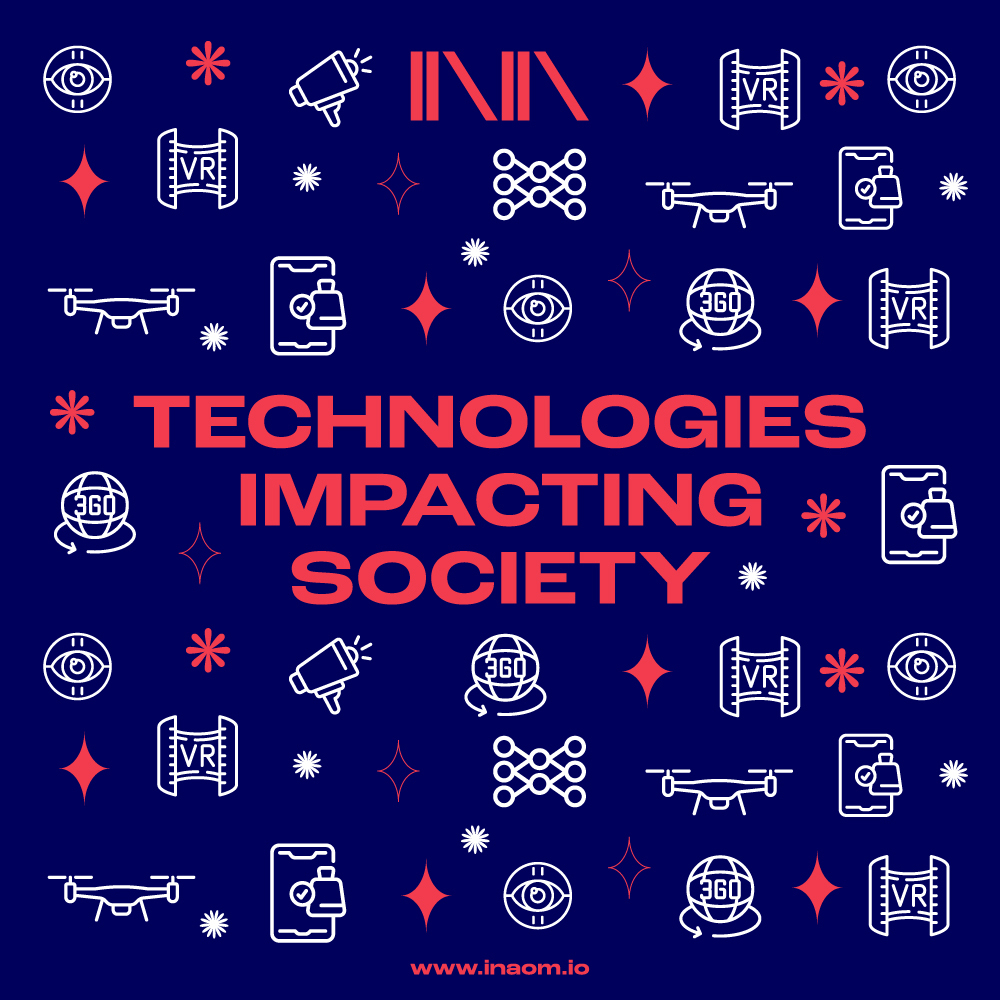Introduction
Welcome to another insightful episode of our podcast, where host Ina O’ Murchu engages in a thought-provoking conversation with Kenneth Cukier, an award-winning journalist and co-author (with Viktor Mayer-Schönberger) of the book “Big Data: A Revolution That Transforms How We Live, Work, and Think.” It was a New York Times bestseller and translated into over 20 languages and sold over 1 million copies worldwide. It won the National Library of Chinas Wenjin Book Award and was a finalist for the FT Business Book of the Year. Kenn also co-authored a follow-on book, called “Learning with Big Data : The Future of Education”. In this episode, we dive deep into the realm of big data, surveillance, and privacy in the age of artificial intelligence. Let’s unravel the profound insights shared by Ken Cukier as he sheds light on the evolving landscape of privacy and the potential impact of AI.
Follow Kenneth Cukier on Twitter:
https://twitter.com/kncukier
Understanding Privacy: A Historical Perspective
Privacy, a fundamental aspect of human existence, has evolved over time. From the intimate spaces of our ancestors to the digital footprints we leave today, the concept of privacy has constantly adapted to societal changes. In the modern era, however, the rise of digital technologies has introduced new challenges to privacy, raising concerns about data collection, storage, and usage.
The Impact of Digital Technologies on Privacy
Digital technologies have profoundly shaped the privacy landscape, particularly in the post-World War II era. As the internet emerged as a powerful force, the need to regulate data collection and protect individual privacy became apparent. The Organisation for Economic Co-operation and Development (OECD) introduced privacy rules and data protection regimes, setting the stage for privacy protection in the digital age.
The OECD Privacy Rules
The Organisation for Economic Co-operation and Development (OECD) has established privacy rules known as the OECD Privacy Guidelines. These guidelines serve as a framework for member countries to protect individuals’ privacy and personal data while promoting global data flow and economic growth.
The OECD first adopted the Privacy Guidelines in 1980 and has subsequently updated them to tackle the evolving challenges brought about by technological advancements and the growing cross-border flow of data. The guidelines comprise of eight principles that member countries are encouraged to include in their national privacy laws and regulations. These principles are as follows:
Collection Limitation Principle
Personal data should be collected only for specified, explicit, and legitimate purposes. Data should not be collected indiscriminately.
Data Quality Principle
Personal data should be relevant, accurate, up-to-date, and complete for the purposes for which it is collected and used.
Purpose Specification Principle
During data collection, it should specify the purpose for collecting personal data. Limit the further use of the data to compatible purposes.
Use Limitation Principle
Personal data should not be used or disclosed for purposes other than those for which it was collected, except with the consent of the individual or as required by law.
Security Safeguards Principle
Reasonable security measures should be implemented to protect personal data against unauthorised access, disclosure, alteration, or destruction.
Openness Principle
Individuals should be informed about the collection, use, and disclosure of their personal data. They should have access to information about privacy policies and practices.
Individual Participation Principle
Individuals should have the right to access their personal data, request corrections if necessary, and have mechanisms for redress and recourse regarding the handling of their data.
Accountability Principle
Organisations should be accountable for complying with these privacy principles and should have policies and procedures in place to ensure compliance.
These privacy principles provide a foundation for privacy laws and regulations in many countries and have influenced the development of international privacy frameworks, such as the EU General Data Protection Regulation (GDPR).
It’s important to note that while the OECD Privacy Guidelines serve as a valuable framework, individual countries may have their own specific privacy laws and regulations that go beyond the OECD principles.
Privacy Concerns in the Internet Age
The advent of the internet brought forth unprecedented challenges to privacy and surveillance. With the ease of sharing information, concerns arose about personal data falling into the wrong hands. Privacy advocates rallied for increased protection, particularly as behavioural targeting emerged as a concerning practice. The infamous Cambridge Analytica scandal exposed the darker side of data usage, highlighting the potential for manipulation and exploitation.
Artificial Intelligence and Privacy: Two Directions
Artificial intelligence, fueled by big data, plays a pivotal role in shaping privacy. AI systems rely on vast amounts of raw data to generate insights and drive decision-making. While this opens up possibilities for remarkable advancements in fields such as healthcare, it also raises concerns about data privacy and security. Striking a balance between leveraging AI’s potential and protecting individual privacy is a pressing challenge.
Balancing Privacy and Progress
As society deals with AI’s impact on privacy, it’s vital to carefully balance privacy regulations and AI’s potential benefits. Stricter privacy laws can safeguard individual freedoms but may impede progress and innovation. Achieving the optimal balance, utilising AI for the betterment of society, necessitates a nuanced approach that safeguards privacy.
Conclusion
The podcast episode offered valuable insights into the dynamic relationship between big data, AI, privacy & surveillance. We explored the historical context of privacy, the impact of digital technologies, and the challenges posed by the misuse of data.
With the rise of AI, finding a harmonious balance between privacy and progress has become even more critical. As we traverse the dynamic realm of privacy, surveillance, and AI, let us pursue considerate and accountable approaches. These approaches should safeguard human freedom while embracing the transformative power of technology.
As technology continues to advance, it is essential for individuals, policymakers, and organisations to engage in meaningful conversations about privacy. Together, we can shape a future that harnesses the power of AI while upholding the fundamental right to privacy.










